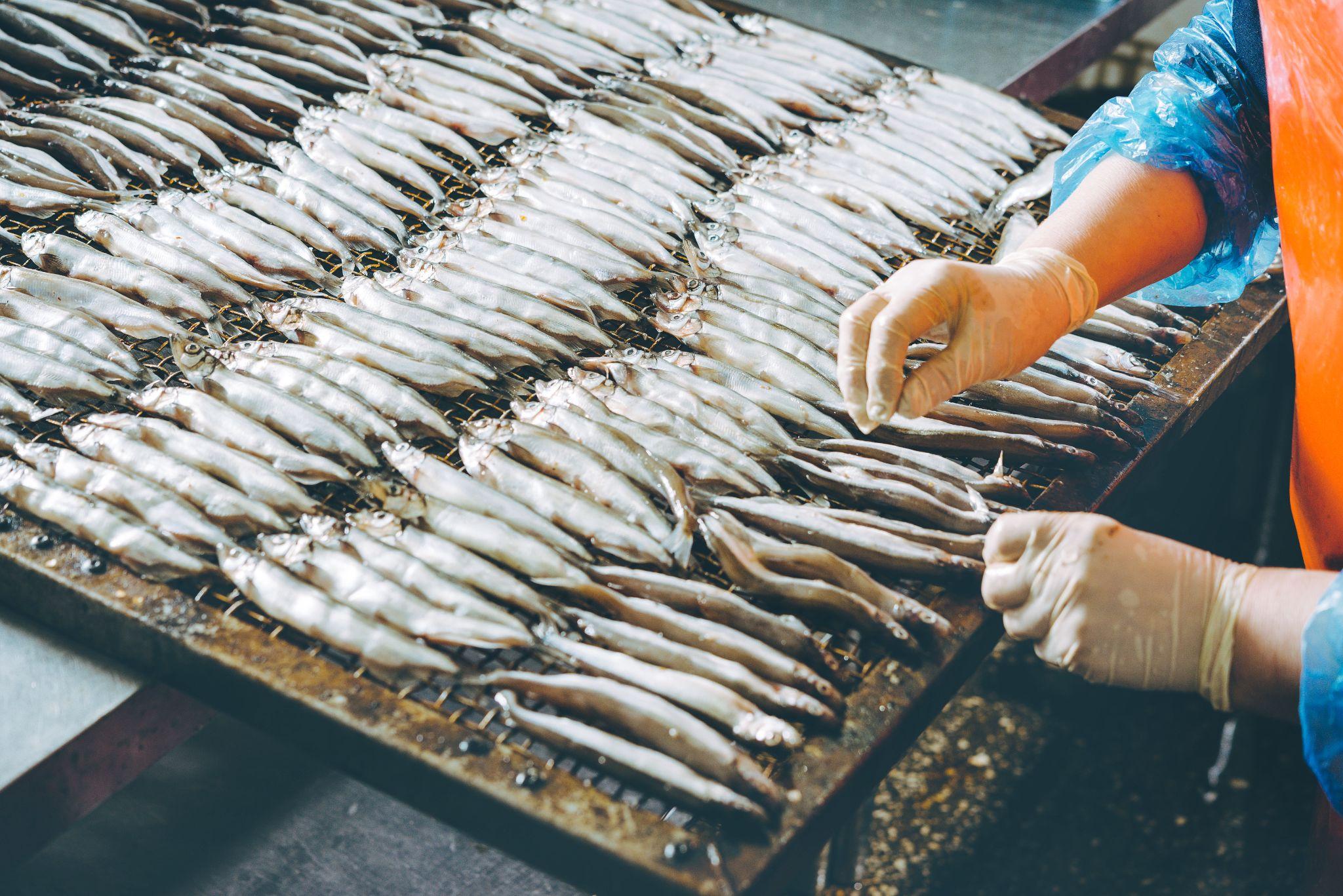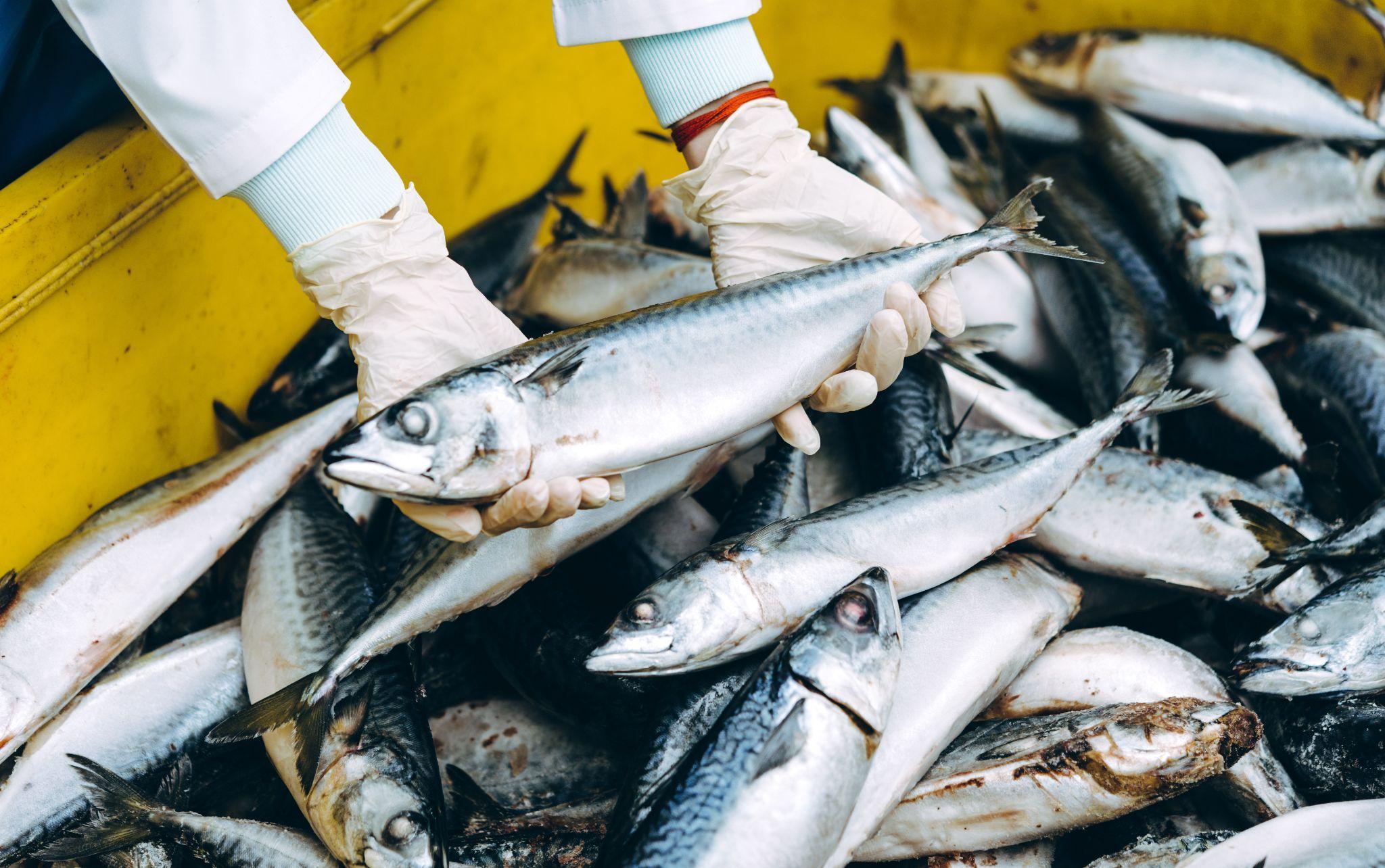
Blog
Commercial Fish Processing Equipment Accidents
Posted in Maritime Injury
The commercial fishing industry employs more than five million people around the world, and the U.S. is a major player in this arena.1 These workers may be employed on floating canneries or fishing vessels gathering fish, shellfish, and seaweed. This bounty of the ocean feeds millions of people and produces natural raw materials for animal food, fertilizers, and other markets.
These vital workers who use commercial fish processing equipment are at a high risk of injury as they break down, clean, and move seafood into holding. Long hours of strenuous labor are the norm on fishing boats, and rough seas can increase the chance of a serious injury on board. What protections are available for those injured on a commercial fishing vessel?
Duties of Commercial Fish Processors
Fishing vessels usually catch the fish or shellfish and hold them alive and fresh for delivery to a fish processing facility or vessel. Fish processing factory trawlers may complete all steps of fish processing from catching the fish to a market-ready product while still on the water.
Jobs on a fish processing vessel include:
- Deck hands
- Foremen and supervisors
- Equipment operators
- Equipment maintenance
- Packers
- Freezer workers
- Cleanup crew
- Quality controllers
The tools in fish processing are powerful and sharp and require skill and training to operate on a moving ship deck. Workers are often required to perform multiple jobs and work long hours. Harvesting and safely processing a catch in the fastest possible time retains the most value, but with fatigue and fast-paced work comes a higher risk of injury.
Minimizing the Dangers of Fish Processing Work
There are steps that commercial fish processors and vessel owners can take to help prevent injuries and manage the risks of commercial fishing for crew members:
- Know the dangers of your job assignment. Ask for training on the use of safety equipment and never operate machinery that has safety guards removed or disabled.
- Practice good sanitation in every work area to reduce the risk of bacterial infection, biohazard exposure, or slip and fall accidents.
- Treat any wounds, especially puncture wounds from equipment, spines or fins, as possibly infected as soon as they occur.
- Watch for signs of allergic reactions to certain species of fish or shellfish. Severe allergies become more likely with repeated exposure.
- Maintain the vessel and the fish processing equipment to the highest standards of safety to help reduce the risk of malfunctions that can cause serious injuries, amputation, or death.
- Provide and use safety equipment to protect against joint injuries, cuts, or falls while operating equipment, moving cargo, or cleaning fish by hand.
- Report any injuries to the ship’s medical officer and report any unsafe conditions on board to the safety officer or your supervisor.
What Causes Commercial Fish Processing Equipment Accidents?
The hazards associated with using fish processing equipment are many, and serious accidents, injuries, or illness can be caused by:
- Physical hazards such as sharp blades, moving parts, and hot surfaces on commercial fish processing equipment
- Biological hazards such as contamination of wounds, water, food supply, and bacterial or fungal exposure
- Chemical hazards from the use of cleaning chemicals or spills of fuel or equipment fluids
- Ergonomic hazards such as repetitive motion injuries and lifting heavy loads
- Fire hazards from smoking, poorly maintained engines, fuel spills, or chemical reactions
- Electrical hazards from exposed wiring in wet conditions or malfunctioning equipment that is not properly grounded
- Weather hazards and rough seas that cause wet icy decks and shifting cargo
- Safety hazards, including falling overboard, missing safety equipment, lack of training, or poorly trained crewmates
Common Injuries and Accidents with Fish Processing Equipment
Maritime workers in general face a higher risk of serious work related injury or illness, and those in the fishing industry have a physically demanding job that must be carried out in an inherently dangerous environment. Some of the most common injuries, illnesses, and accidents that you might face include:
- Bacteria inhalation, breathing in vaporized debris from bacteria laden fish
- Bacterial infection, from continued exposure to fish guts or minor injuries that become seriously infected
- Skin irritation or chemical burns from exposure to harsh chemicals and cleaning solutions without gloves
- Frostbite from working in freezing temperatures, which can cause nerve damage or even the loss of fingers and toes
- Hypothermia from falling overboard or long-term exposure to cold water
- Back, neck, shoulder, and joint injuries from repetitive stress or sudden accidents
- Broken bones, crushing, or amputation by processing machinery
- Serious cuts, which can damage muscles and tendons or cause severe blood loss
- Stab wounds or puncture wounds from fish processing equipment, hooks, knives, fines, or spines—also prone to serious infection
- PTSD or other long-term psychological impacts from a traumatic event or injury
- Financial injuries due to an inability to afford medical care or replace lost income if unable to work after an injury, illness, or accident
Maritime Law Protects Fish Processing Workers Injured at Sea
If you are injured while working in a fish processing plant on land, you will be eligible for workers’ compensation or even to file a personal injury claim as U.S. or local laws allow. However, for those injured in service to a fishing vessel or processing trawler at sea, maritime laws will usually apply.
Under general maritime law, you are entitled to Maintenance and Cure if you are injured or fall ill while working on a ship or platform. This basic right of maritime workers is “no fault” and provides a daily stipend to cover living expenses and pays for your necessary medical expenses until you are able to return to work. If you are permanently disabled, you receive these benefits only until you reach Maximum Medical Improvement.
In situations where the shipowner was negligent or the vessel was unseaworthy, even if this was only one factor in causing the accident or illness, maritime workers who qualify as seamen under maritime law can receive additional legal protections and the right to sue under the Jones Act.
Does the Jones Act Apply to My Fish Processing Accident?
The Jones Act might well apply to you if you suffered a serious injury or illness working on a fish processing vessel. Even if you are partly at fault for your accident, there are many ways that the shipowner might have failed in their duty to provide you with a safe working environment or a seaworthy vessel.
The details and legal requirements of your case are best discussed with an experienced maritime injury lawyer who can advise you on your legal options and help you pursue fair maintenance and cure or file a lawsuit under the Jones Act to receive additional benefits like long-term disability payments or compensation for pain and suffering.
Even if the Jones Act does not apply to your situation, your maritime attorney might find other federal laws that will expand your options after a life-changing accident in the maritime industry.
Take Immediate Action to Protect Your Health and Your Legal Rights
Seek medical treatment and report any injuries or illness you experience while working with commercial fish processing equipment. You have the right to see your own doctor, when you return to land, and to seek legal advice before you accept an insurance settlement or settle for maintenance and cure.
Take action and reach out to our team of experienced maritime injury lawyers for a free and confidential case consultation today. We have helped thousands of maritime workers to protect their health and their families with the fair compensation they need and deserve. There is no cost to you unless you win your case, and there is no reason to wait to get the legal guidance you want in this challenging time.
Source:















